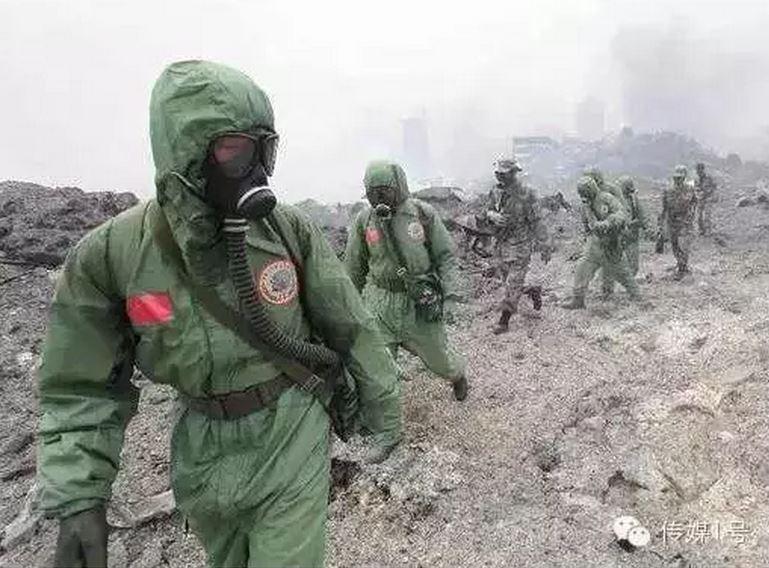As firefighters battled the blaze that followed two massive explosions in the Chinese port city of Tianjin on Aug. 12, the Communist Party’s Internet censors were trying to extinguish all commentary and news outside of state control.
But in the age of smartphones and an emboldened Chinese public, they couldn’t act fast enough: the vacuum filled by official media in the wake of the explosions was quickly filled by the voices of the masses, who photographed, recorded, analyzed, and reported on the unfolding catastrophe.
Most of this unofficial journalism was publicized via WeChat, a popular Chinese social media app that allows individuals (and companies) to set up public-facing accounts that other users can subscribe to. Using this technology alone, those on site, whether they were journalists with established outlets who had gone rogue, or citizens who acted out of a sense of public duty, did an end run around the strict Party controls on information.




